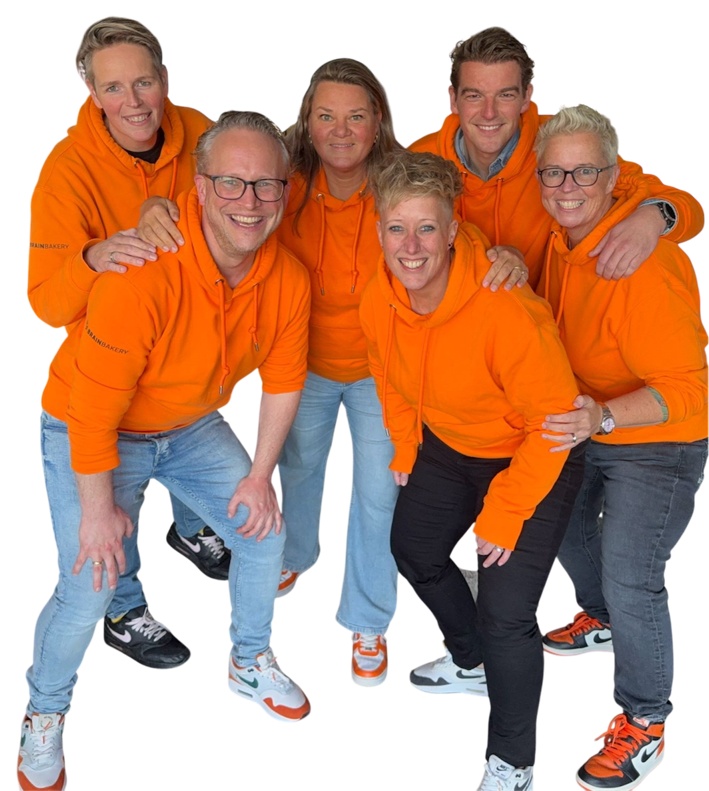No More Boring Learning: The 2023 Ig Nobel Prize Proves It Matters
In a world that’s ever-changing, one thing remains consistent: the hunt for knowledge. However, if we're honest, the road to enlightenment can sometimes be... boring. But what if our perception of boredom could lead to an even more tiresome experience? This year, Dutch researcher Wijnand van Tilburg won the Ig Nobel Prize in the Education category for his groundbreaking study, “Boredom Begets Boredom.” Let’s dig into the details and find out why this is crucial, especially for those who aim for No More Boring Learning.
What is the Ig Nobel Prize?
Before diving into the research, let's explore what the Ig Nobel Prize is all about. Awarded annually, the Ig Nobel prizes celebrate studies that not only make you laugh but also make you think. They honor real, scientific inquiries into seemingly bizarre subjects that often have a broader societal impact.
"Boredom Begets Boredom" Study
Wijnand van Tilburg teamed up with researchers from China, Canada, the United Kingdom, Ireland, Japan, and the United States for this fascinating international study. They focused on the expectations and experiences of undergraduate students when it comes to boredom in lectures.
The team found that merely expecting a lecture or lesson to be boring could make it even more so. This phenomenon exacerbates the occurrence of boredom, turning what could be a stimulating experience into a snooze fest. The results shine a light on the power of perception and how our expectations can become a self-fulfilling prophecy, especially in educational settings.
Why This Matters
At first glance, this might seem like a funny area of study. But not for Brain Bakery! The implications are far-reaching, particularly in the field of education. A bored student or participant is less likely to engage, remember the material, or develop a passion for the subject. If students and participants alike expect a boring experience, they're essentially setting up a vicious cycle. Breaking that cycle can lead to a more engaged, more effective educational experience for all. In short, understanding the mechanism behind boredom can pave the way for educational strategies that make learning more enjoyable and effective.
Conclusion
The 2023 Ig Nobel Prize in Education offers a humorous yet eye-opening reminder: our expectations shape our reality, even in something as "trivial" as boredom. For those of us dedicated to eradicating dull learning experiences, the findings are not just food for thought—they are a call to action. Let's embrace this as a stepping stone to create more engaging, less boring educational environments globally. Let's end boring learning; It has been our mission since 2008!
















